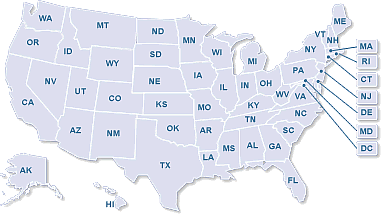Nevada foreclosures are either judicial or non-judicial, depending largely on the presence of a Power of Sale clause in the mortgage agreement in question. A Power of Sale clause allows a lender to pursue foreclosure in the event of default without having to gain the approval of the court through a hearing. Judicial foreclosures is usually only necessary when no such clause exists or there are problems with the property title in general.
The lender begins a judicial foreclosure by filing a suit against the homeowner in court. The court will hold at hearing at which the homeowner may defend themselves, but if the court rules against them, the homeowner will be ordered to pay the default amount within 15-35 days. If payment is still not received, the court will schedule and conduct a foreclosure sale of the homeowner's property.
The homeowner can avoid foreclosure and retain possession of their property by filing for "Intent to Cure" with the public trustee's office at least 15 days before the sale occurs. The homeowner is then granted until the time of the sale itself to provide the default amount owed and restore their ownership of the property.
Proper advertisement of the sale is outlined under Nevada law, and maintains that a Notice of Sale must be published in a local weekly newspaper for three weeks leading up to the date of the sale. It must also appear in three other public places for the same duration. The homeowner must be served with a copy of the Notice ate least three weeks before the sale is to occur.
On the day of the sale, a trustee of the lender will auction off the homeowner's property to the highest bidder. In the case of non-judicial foreclosures, the original homeowner is not allowed rights to redemption and the winner can take full ownership immediately. The lender also maintains the right to pursue a deficiency judgment against the homeowner if the sale price does not satisfy the amount of the original loan provided. For judicial foreclosures, the homeowner receives redemption rights for one full year after the sale, which can be claimed by paying off the full sale price of the property plus any interest gathered. The right to pursue a deficiency judgment will be left up to the court presiding over the sale.



 Versión en Español
Versión en Español 

Social Bookmarks